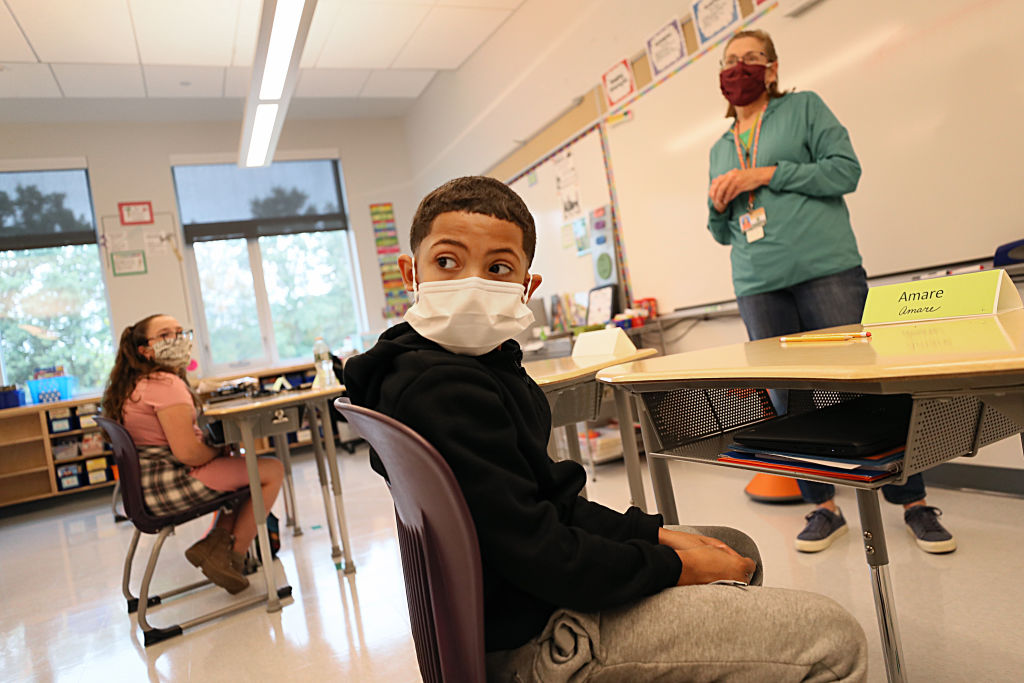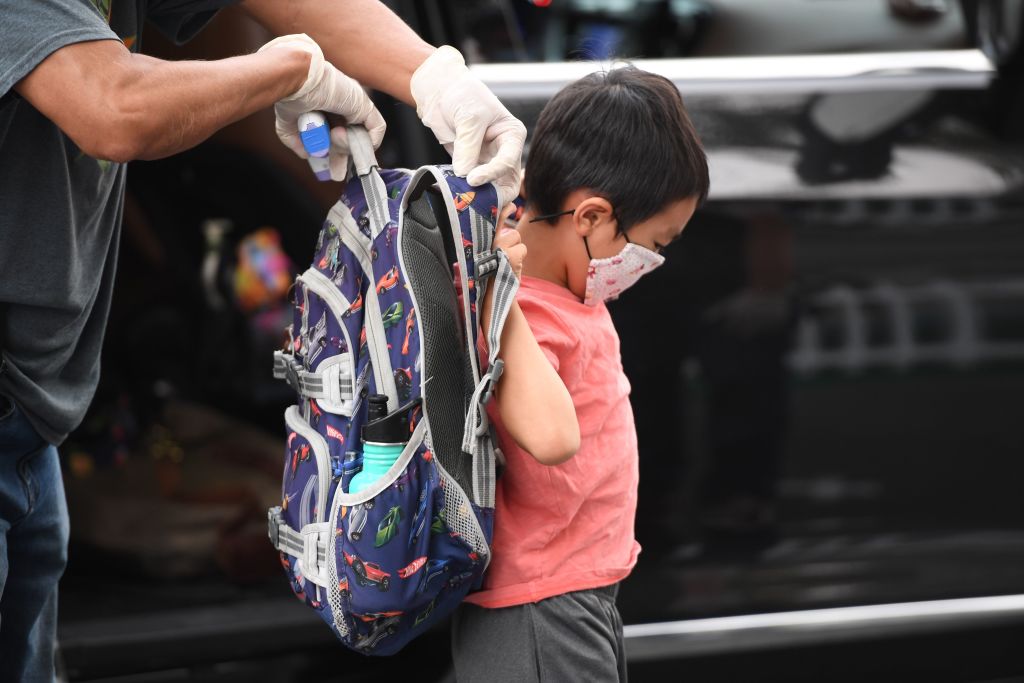When the coronavirus pandemic shut down schools last spring, many parents would never have imagined their children would still be in some sort of remote learning eight months later.
But here we are, and pediatricians say the side effects of that isolation can sometimes be far worse than the virus itself.
“The pandemic is obviously going to cause some stress for children and anxiety and depression, but the school issue is actually layered on top of that,” Pediatrician Mary Beth Miotto said.
And what doctors and nurses are seeing at pediatric appointments and in hospitals like UMass Memorial Medical Center is an alarming trend.
“The kids are feeling this the worst, just with all of the COVID and homeschooling, and we’ve seen a huge increase in younger [people] under 18 having a real hard time with depression, and also suicide concerns,” UMass Nurse Manager Lori Peasley-Landine said.
“I speak to both emergency room physicians and pediatric critical care physicians, for instance, who are seeing more children with suicide attempts hospitalized than children with COVID,” said Miotto, a Worcester-area pediatrician and the vice president of the Massachusetts chapter of the American Academy of Pediatrics.
She said this urgent mental health concern in children is one of the reasons why she has been working closely with the state to find ways to bring children back for in-person learning as often as safely possible.
“I have lost family to COVID, I take it very seriously,” said Miotto, “but I also take seriously child and youth suicide, where we have growing data that concerns us.”
More on Children and COVID
These health care professionals urge parents to reach out to their child’s pediatrician with any concerns over anxiety or depression, no matter how small they may seem. Help is available 24-7.
SUICIDE PREVENTION HELP: Here is information on suicide prevention from the National Institute of Mental Health. If you are in crisis, call the National Suicide Prevention Lifeline at 800-273-8255 or reach out to the Crisis Text Line by texting ‘Home’ to 741741.



